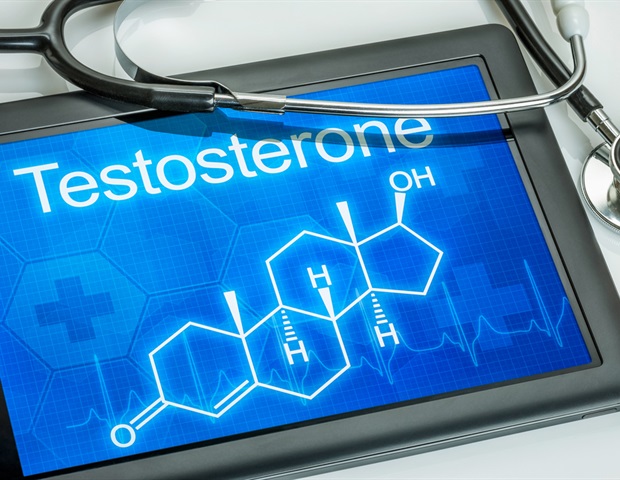
The review article titled"Testosterone and men's health: An in-depth exploration of their relationship", was published on February 18, 2025 in UroPrecision . Testosterone is a steroid hormone that holds a central position in male health, influencing numerous physiological processes throughout a man's life. Primarily secreted by the testes, with smaller contributions from the adrenal glands, it is the main androgen responsible for male-specific characteristics.
During fetal development, testosterone drives sexual differentiation, determining the male reproductive system's formation. As boys reach puberty, it triggers the development of secondary sexual traits such as facial and body hair growth, a deeper voice, and increased muscle mass. These changes are not only physical but also have psychological implications, shaping a man's self-identity.

In adulthood, testosterone continues to play a crucial role in maintaining health. It is essential for male reproductive function, stimulating sperm production in the testes. Additionally, it supports libido and erectile function.
Low testosterone levels are often associated with sexual dysfunction, including decreased sexual desire and erectile problems, which can significantly impact a man's quality of life and relationships. Beyond the reproductive system, testosterone has far-reaching effects. It helps maintain muscle mass and strength.
By promoting protein synthesis, it enables muscles to grow and repair, contributing to physical performance and overall mobility. Testosterone also plays a vital role in bone health. It helps preserve bone density, reducing the risk of osteoporosis and fractures, especially as men age.
Moreover, testosterone influences metabolism. It affects fat distribution, with low levels often leading to increased abdominal fat. This is significant because abdominal obesity is linked to various health issues, such as metabolic syndrome, diabetes, and cardiovascular diseases.
Adequate testosterone levels can help regulate cholesterol levels and improve insulin sensitivity, reducing the risk of these chronic conditions. However, abnormal testosterone levels can pose problems. Hypogonadism, characterized by low testosterone, can be caused by issues in the testes, hypothalamus, or pituitary gland.
It is more common in older men and those with certain health conditions like obesity and diabetes. On the other hand, hypergonadism, or excessive testosterone production, can result from tumors or genetic disorders and may lead to symptoms like early puberty in boys, aggression, and infertility. Precision medicine offers hope in managing testosterone-related disorders.
By considering genetic, hormonal, and lifestyle factors, doctors can develop personalized treatment plans. Biomarkers are key in this process, allowing for more accurate diagnosis and treatment monitoring. For instance, measuring free testosterone, SHBG, and LH levels helps assess a man's androgen status.
Despite the progress in understanding testosterone, there are still challenges. Research on testosterone replacement therapy (TRT) has limitations, including small sample sizes and safety concerns related to cardiovascular risks and prostate health. Future studies are needed to fully understand testosterone's complex role in men's health and to develop more effective and safer treatment options.
In conclusion, testosterone is a critical factor in men's health, and continued research is essential for optimizing male health and well-being. Frontiers Journals Yassin, A., et al .
(2025). Testosterone and men’s health: An in‐depth exploration of their relationship. UroPrecision .
doi.org/10.1002/uro2.
115 ..















